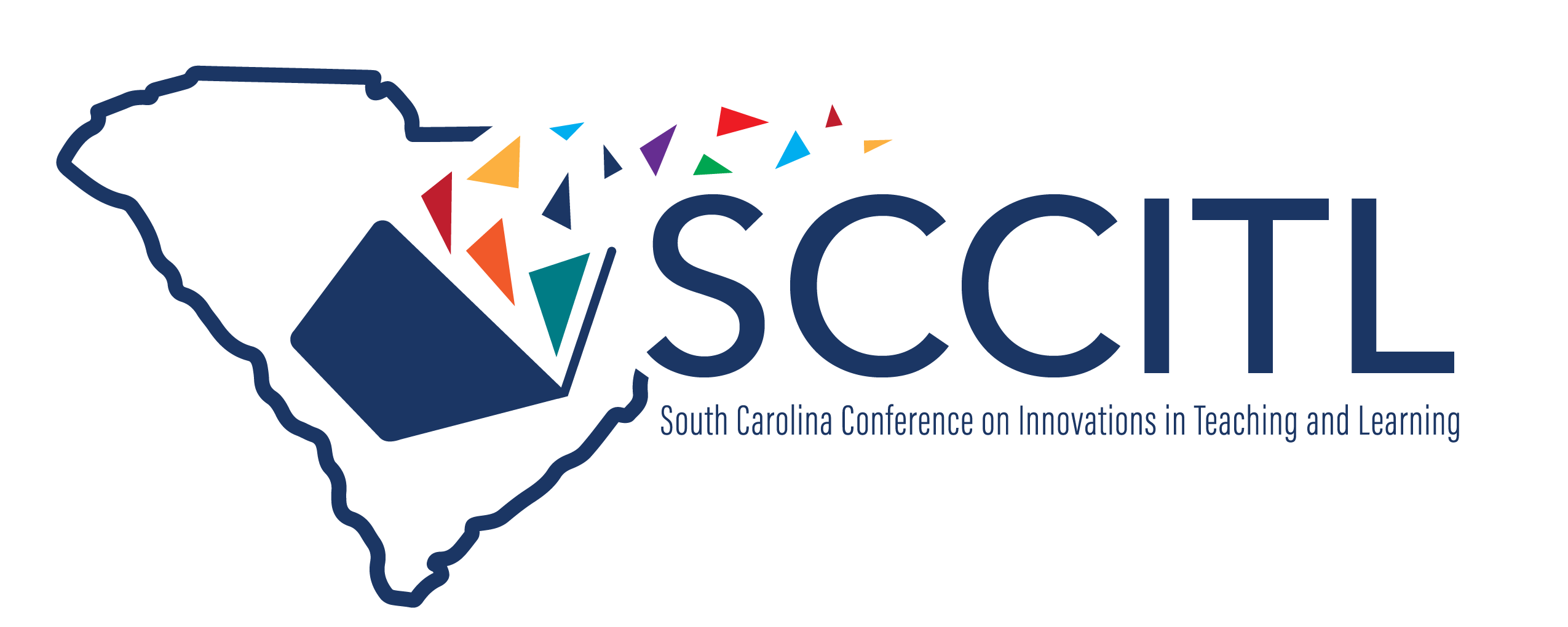Cultivating Trauma-Informed Pedagogy in Music Teacher Education
Proposal Format
45-minute Presentation
Track Choices
Wellness and Trauma Informed Teaching
Abstract
Trauma can adversely impact students' physical and mental health, brain and brain functioning, social relationships, and learning abilities. The National Child Traumatic Stress Network states that approximately 25% of American children and adolescents will experience at least one traumatic event by the age of 16 (NCTSN, 2023). Trauma-informed practices empower educators to effectively support students affected by trauma. However, literature on trauma-informed teaching practices in music education and music teacher education is limited. This session will share trauma-informed strategies based in music therapy, neuroscience, psychology, and education to establish a framework for trauma-informed pedagogy in music education. Current approaches being used in P-12 music classrooms will also be examined. Finally, the presenter will share their thoughts on how to integrate trauma-informed teaching and practice into existing music teacher preparation programs. Participants will have the opportunity to have a conversation about their own efforts to support students with traumatic histories, how best to prepare preservice educators for their future careers, and any barriers related to the implementation of trauma-informed practice in music teacher or teacher education.
Keywords
Trauma-Informed Pedagogy, Mental Health, Music Teacher Education
Speaker Bio
Erica Kupinski is an Assistant Professor and the Coordinator of Music Education at Coastal Carolina University, where she teaches music education courses and supervises field experience, practicum, and student teachers. Her research interests include early childhood, elementary, and general music education, social justice, world music, music teacher wellness, and historical research in music education. Dr. Kupinski holds three music education degrees (a Ph.D. from the University of Mississippi, a MMED from the University of Georgia, and a BM in Music Education from Augusta State University). She has completed her Level III Certification in Orff Schulwerk. Dr. Kupinski has presented sessions at national, regional, and state music education conferences.
Cultivating Trauma-Informed Pedagogy in Music Teacher Education
Penny Hall, 304
Trauma can adversely impact students' physical and mental health, brain and brain functioning, social relationships, and learning abilities. The National Child Traumatic Stress Network states that approximately 25% of American children and adolescents will experience at least one traumatic event by the age of 16 (NCTSN, 2023). Trauma-informed practices empower educators to effectively support students affected by trauma. However, literature on trauma-informed teaching practices in music education and music teacher education is limited. This session will share trauma-informed strategies based in music therapy, neuroscience, psychology, and education to establish a framework for trauma-informed pedagogy in music education. Current approaches being used in P-12 music classrooms will also be examined. Finally, the presenter will share their thoughts on how to integrate trauma-informed teaching and practice into existing music teacher preparation programs. Participants will have the opportunity to have a conversation about their own efforts to support students with traumatic histories, how best to prepare preservice educators for their future careers, and any barriers related to the implementation of trauma-informed practice in music teacher or teacher education.


